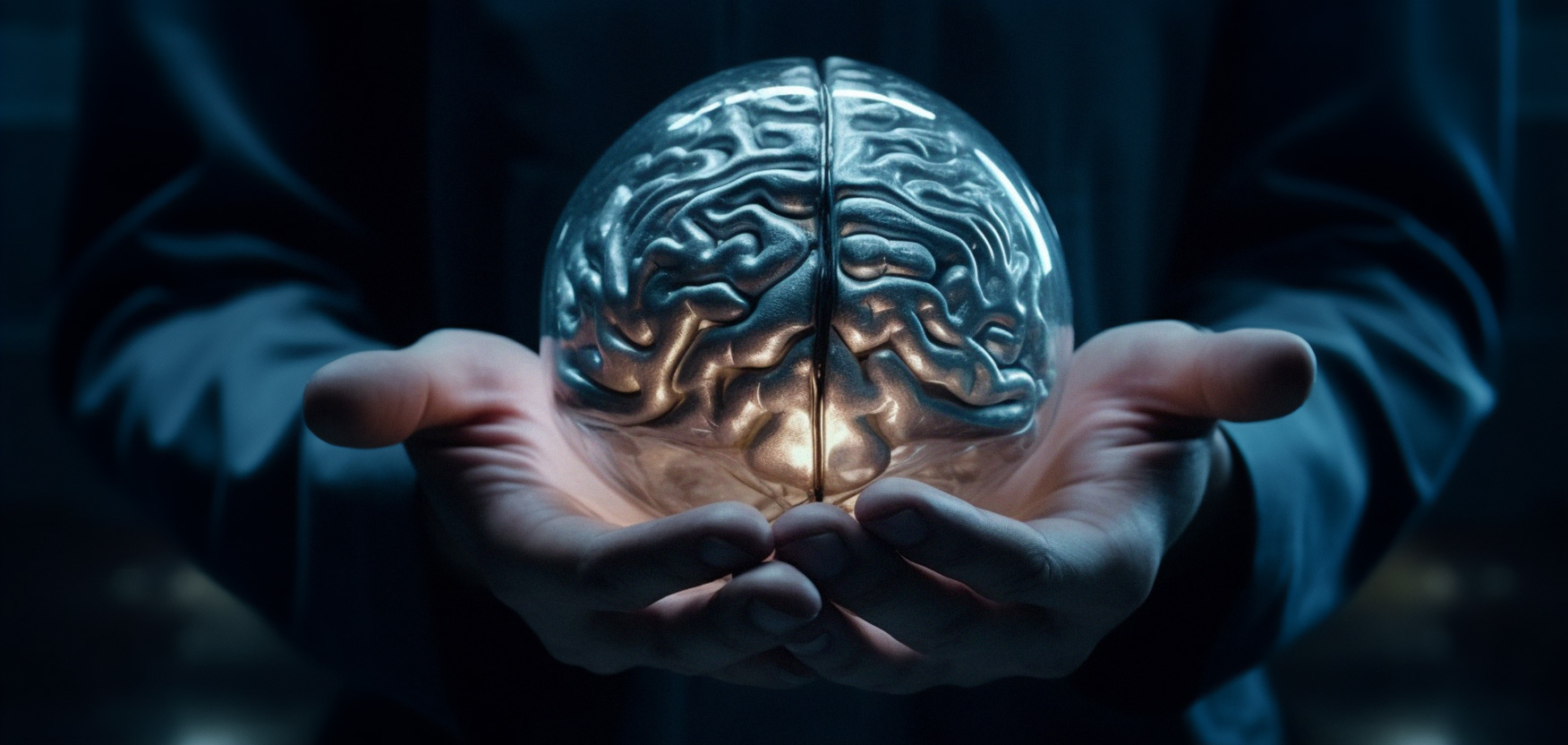
This image was generated by AI.
What is Artificial Intelligence (AI)?
According to Microsoft, “Artificial intelligence is the capability of a computer system to mimic human cognitive functions such as learning and problem-solving.” In other words, AI refers to computer systems designed to perform tasks that typically require human intelligence, such as perception, reasoning, learning and decision-making. And whether you realize it or not, you’ve been using AI already. Web search engines like Google, voice assistants like Siri and your New Release Radar playlist on Spotify are just some of the many technologies that utilize AI to function.
So why is AI such a hot topic right now?
One reason why AI is so popular now is the recent release of advanced AI models, such as ChatGPT from OpenAI. ChatGPT is a conversational model where users ask a question or make a request. The model then provides a human-like answer. ChatGPT has been trained on a vast amount of data and can perform tasks such as building code, writing poetry or crafting a restaurant menu.
This tool is available to the public for free, and we have yet to see all of the implications – good and bad – of this type of technology. Many people have reacted negatively, understandably so, as it is conceivable that a tool like this could replace certain jobs. Those in education are quickly trying to react to students relying on AI to write their essays for them.
My experience with AI thus far
Humans are resistant to change, and with such large changes being ushered in it’s reasonable to be cautious. But I for one am very excited about the possibilities of this technology.
Full transparency: I’m using ChatGPT and other AI applications daily. When I’m writing an outline for a blog post for a client, I look to ChatGPT as a brainstorm partner (including on this blog post). When I’m doing topic research, I use an application called SEMRush to help find ideas I wouldn’t have found otherwise. However, those topics on their own aren’t enough. It takes my personal knowledge of the industry and client to determine which topics are relevant, and additional research to turn a topic into valuable content.
When I’m not at work for Midan, I’m attending culinary school. And this semester, I’ve been asked to write a few essays – so I’ve plugged my notes into ChatGPT to help craft the essay. Now, I have not submitted any of those essays word-for-word as ChatGPT has spit them out – ChatGPT isn’t always accurate, nor can it write with my voice or implement my creative decisions. However, it gives me a solid first draft that I can edit into the final piece. Plus, I feel like I’m more likely to catch mistakes and errors because I didn’t have to spend an hour crafting the bulk of the piece.
Our website development team at Midan has also been experimenting with AI tools, like using ChatGPT to troubleshoot a site issue and build WordPress extensions. They’re also exploring the AI capabilities of chatbots built into our websites.
AI in the meat industry
Without a doubt, AI technologies will affect every industry and the meat industry is no exception. Here are just a few players in the supply chain already embracing AI:
- JBS U.S.A is implementing a solution that improves carcass sorting and cutting plans.
- Albertsons rolled out a predictive ordering and inventory management platform across almost all of its stores in just seven months.
- The Stores Consulting Group is testing out a technology to manage markdowns in grocery stores, reducing food waste and increasing revenue.
- Firmenich, a flavor company, has used AI to create a grilled beef taste for plant-based meat alternatives.
Why does AI matter?
AI will usher in a new era of technologies and tools that will force us to improve our systems, free us to spend more time on tasks that truly require our human experience and challenge us to be ethical in our innovations. Whether this technology scares you or excites you, it’s already arrived and there’s no going back.
The meat industry can sometimes lag behind when it comes to keeping up with change. I encourage you to test out an AI tool and to keep an open mind about how AI could be incorporated into your business. We’ll continue experimenting with AI here at Midan and keep an eye on new implementations in order to help the meat industry stay innovative and competitive.